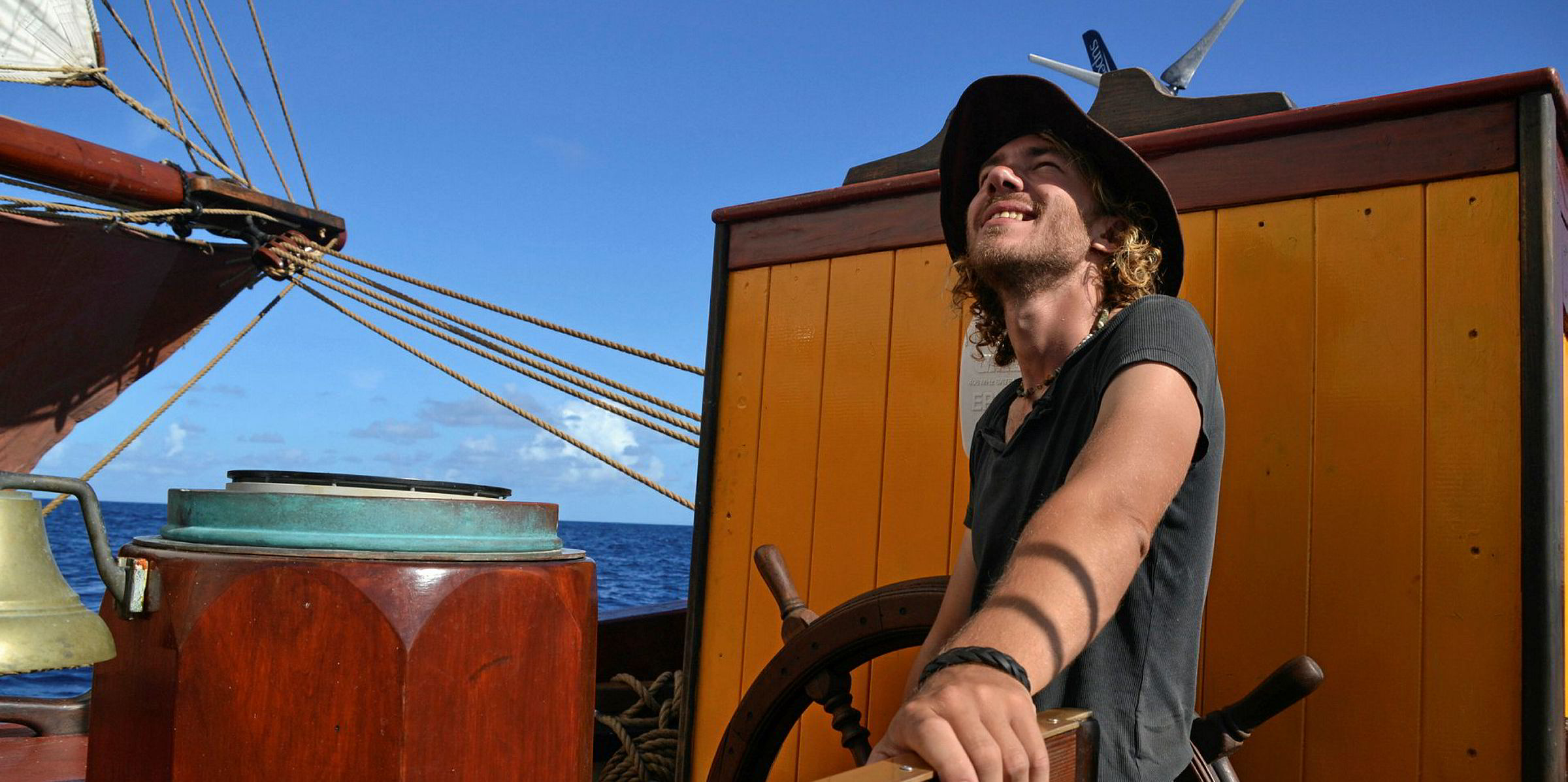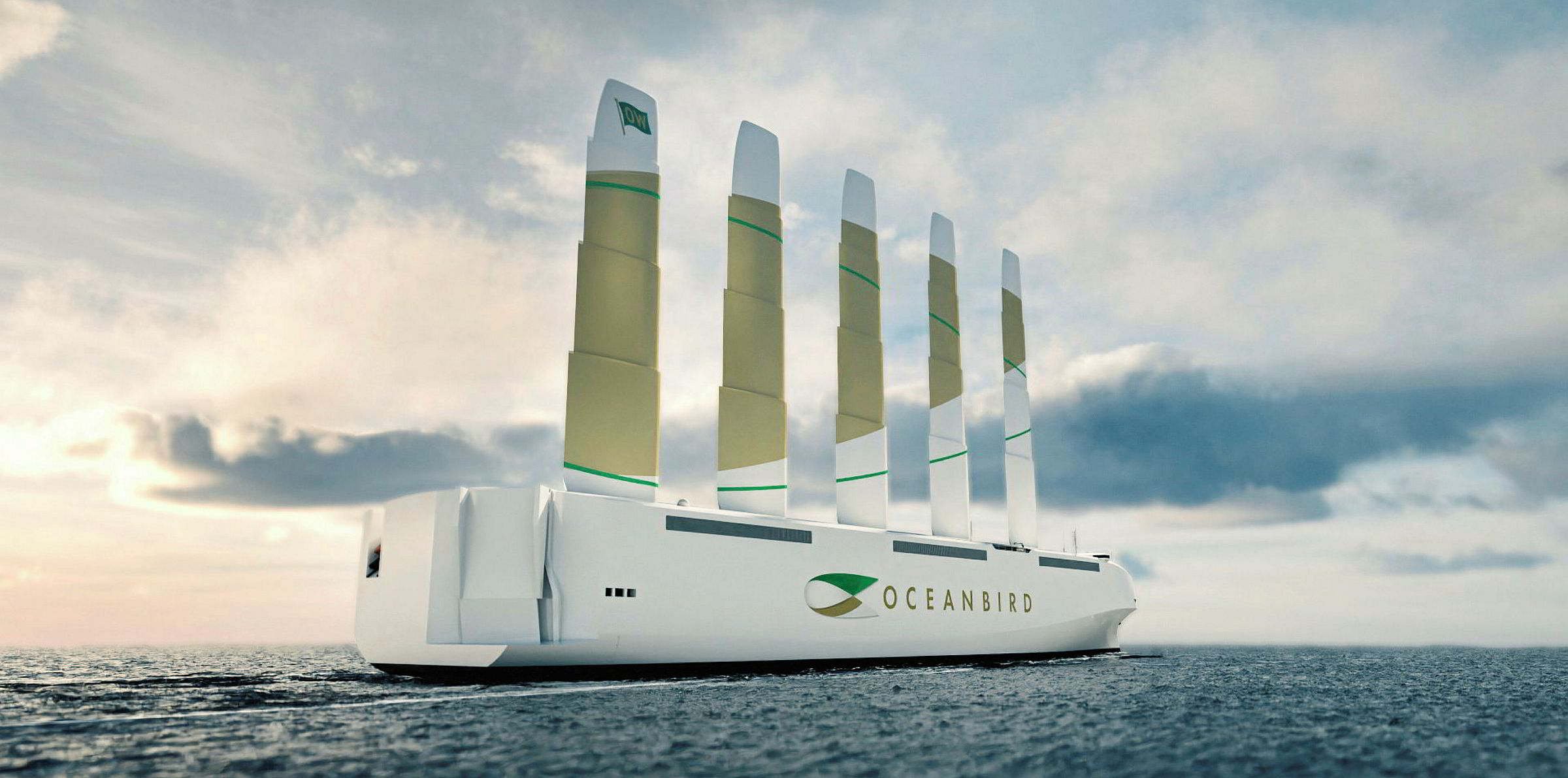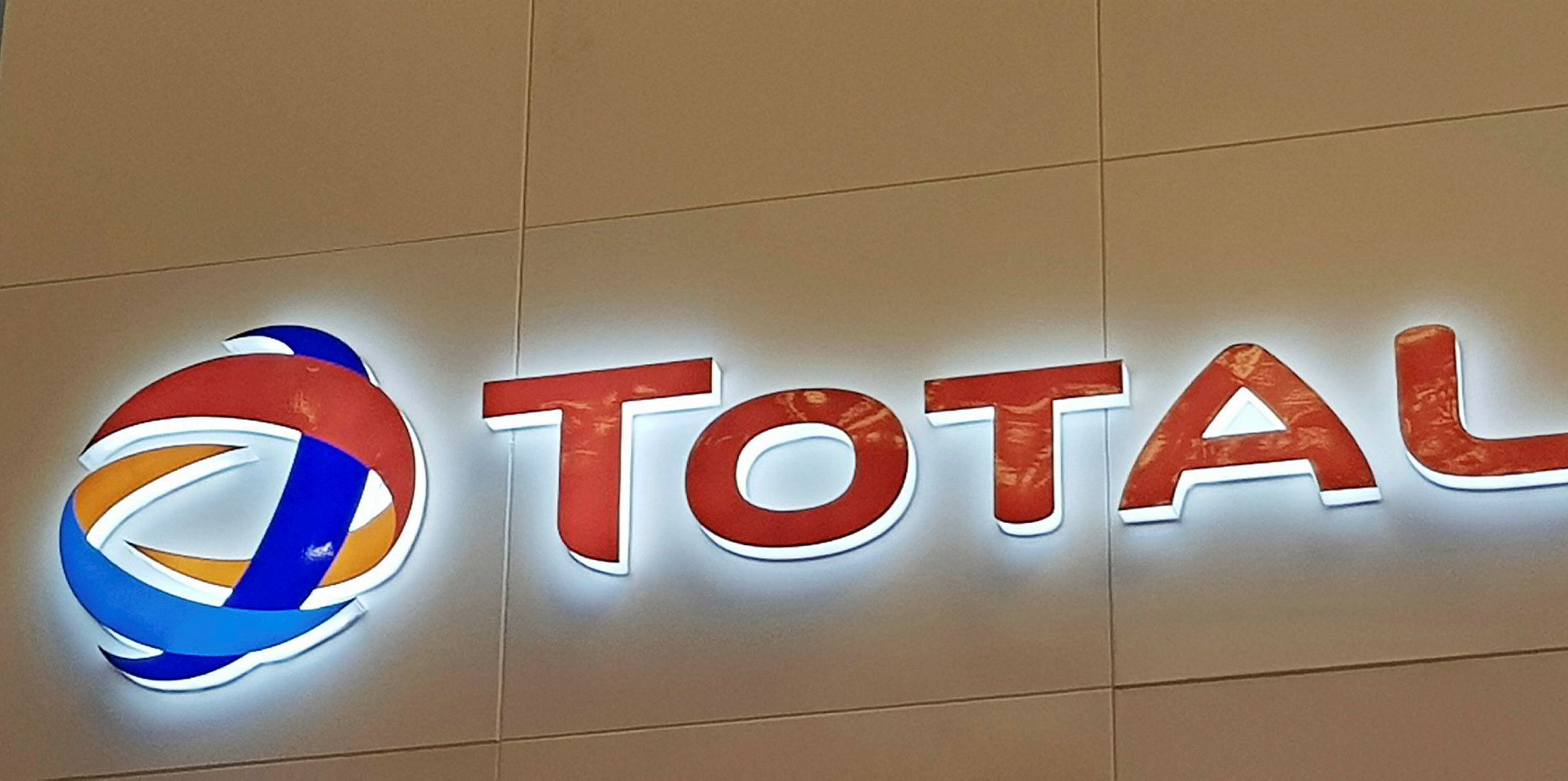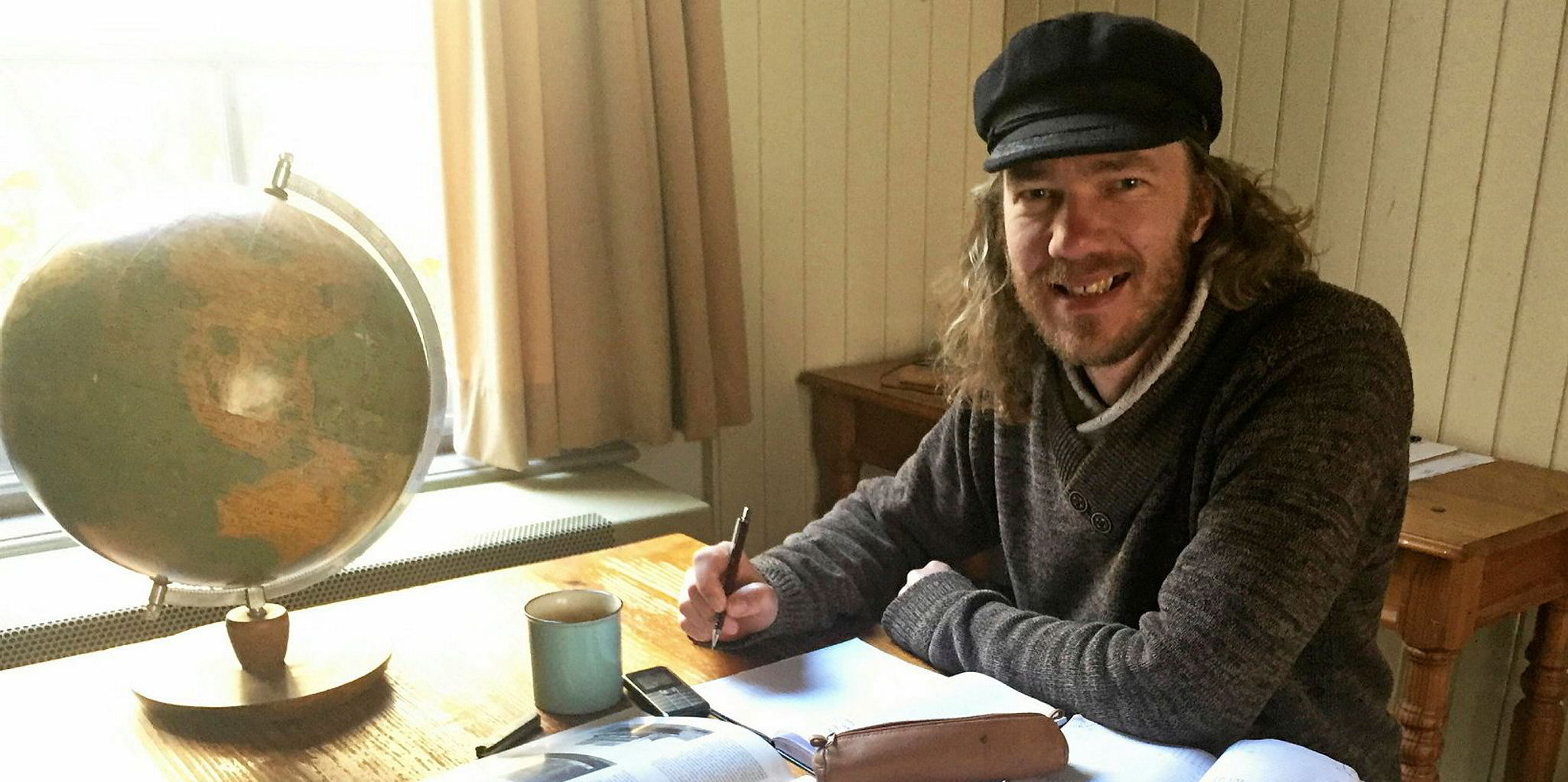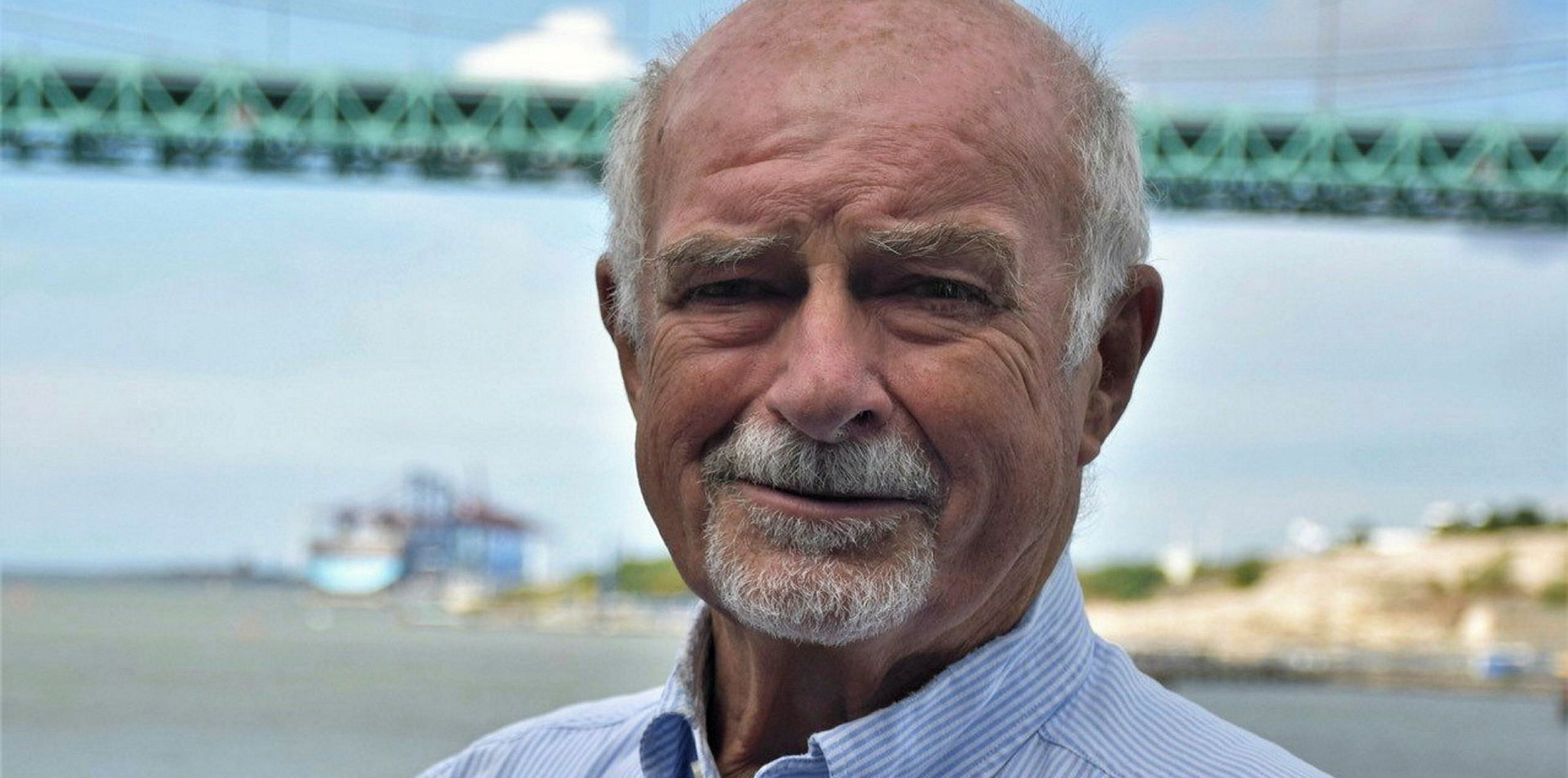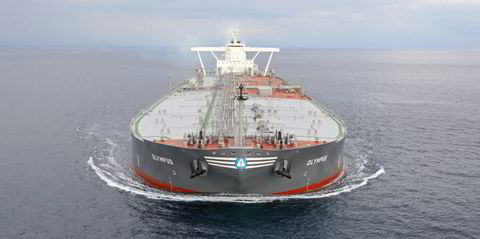Dutch company EcoClipper is awaiting its first quotes from shipyards interested in building its fleet of engineless cargo vessels.
The company began talks in June with 10 European shipbuilders about the EcoClipper500 sailing ship prototype.
Founder and chief executive Jorne Langelaan told TradeWinds: "Currently there are still very serious talks with a Polish, a Danish and several Dutch shipyards.
Stronger relationships
"In the beginning of the process, our team already realised that local shipyards would be in favour. Really for all kinds of reasons, from practical communication, to cultural fit, to ease and sustainability of travel during the supervising process while building.
"So it is no surprise that the relationship with these local shipyards is growing stronger."
EcoClipper is now awaiting price guides to keep the business model economically feasible, he said. "These numbers will be used in the financial modelling for the business plan."
Then several of the company's closest partners, banks and other financial institutions will be invited to review the information, "brainstorm", and form a cooperative pool of financiers.
"After that stage has been finalised, contracts could be placed."
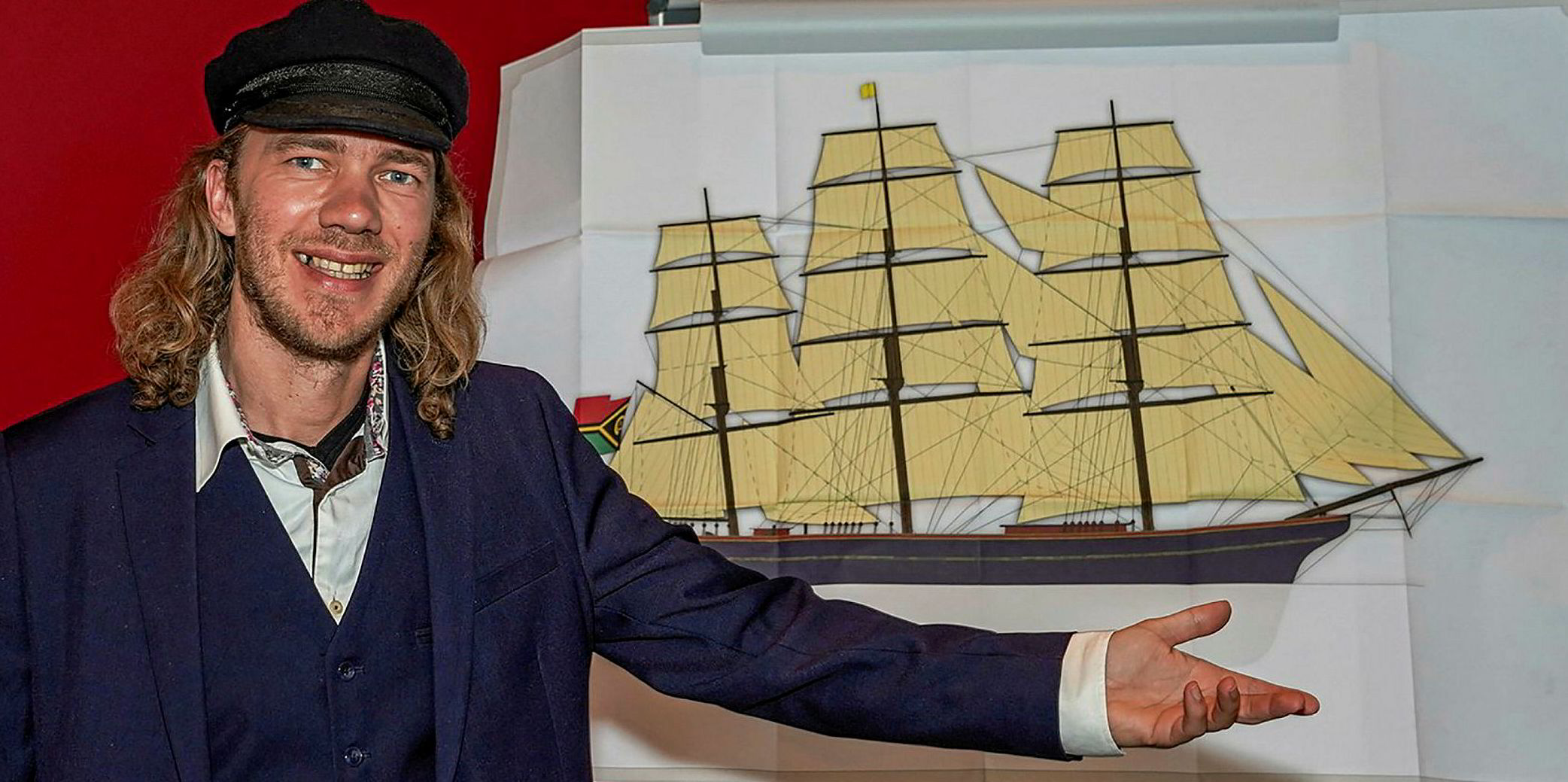
Langelaan, a sailing ship captain who set up the company in 2018, said there is a chance that a letter of intent could be signed with one yard even before that stage has been reached.
"That will depend on further offers and also future cooperation," he added.
Serving a higher purpose
"As a matter of fact, EcoClipper is in this for the long run, and the higher purpose is to offer shippers and travellers several shipping lines, and on those lines several shipping dates, which will mean a series of ships will be built."
This could mean partnerships with several yards.
EcoClipper is planning on a build time of between 12 and 14 months.
The ship will have three square-rigged masts. At least 23 sails will present 976 square metres of canvas to the wind.
The 59-metre vessels will carry 500 tonnes of cargo. They will have a crew of 12, as well as 36 trainees, plus 12 passengers in six cabins.
EcoClipper is looking at three routes with fixed schedules. The design is especially suitable for carrying general and project cargo, the company believes.
As for finance, Langelaan said that with current interest rates, and the determination of banks to make a sustainable change, a large part of the funding will be through a preferred ship mortgage.
The wider community also will be involved in working together in supplying smaller secondary loans, he hopes.
"This will be done through crowdfunding. Early adopters already have the option on the EcoClipper website to sign on to stay updated about the developments regarding this opportunity."
The aim is to make the company part of society's ecosystem and give all involved a strong ownership link to the future of transport and travel.
Larger investors?
"Furthermore, the last part of the finances will come from larger investors with an interest in making their money work in the long run," Langelaan added. "These are the visionary investors who analyse which way trade and shipping markets are heading."
Asked how work had been going during the pandemic, he replied: "All is very well. Although in the beginning of Covid-19, work was proceeded mainly from home — the kitchen table — it can also be recognised how localised teamwork has its place.
"Some of our team have located back to Alkmaar, Netherlands, to work more closely together."
The pandemic meant adjusting the strategy to spend more time researching underlying market developments and to expand the business plan.
